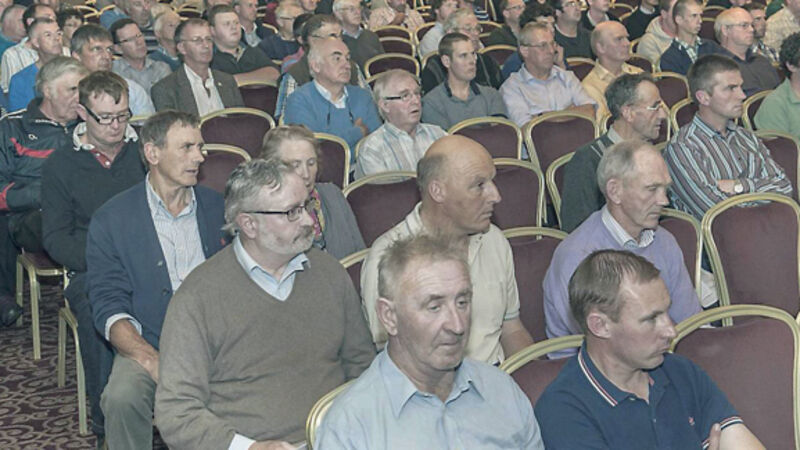Transferring farm means planning properly is vital

The succession advice comes from an article in the current issue of the Teagasc/Agricultural Trust Today’s Farm publication, by Kevin Connolly of the Teagasc Farm Management & Rural Development Knowledge Transfer section.










